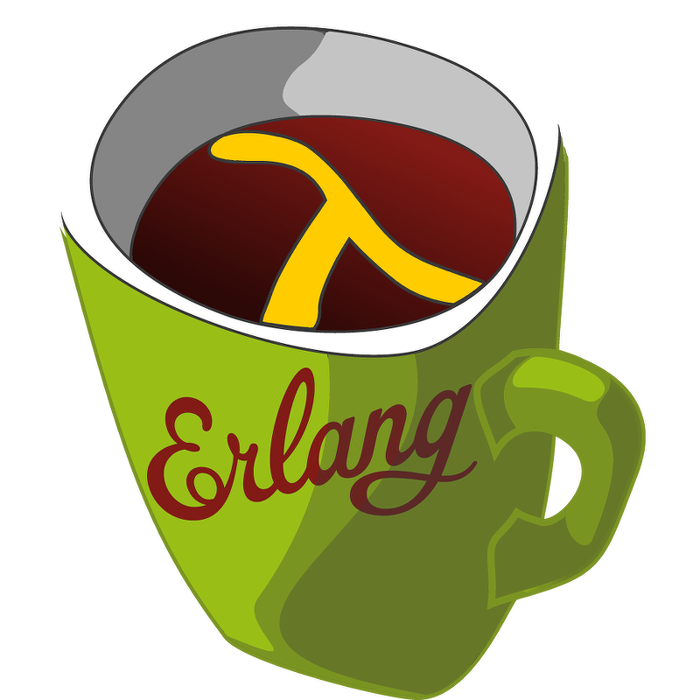LFE Friday - erlang:apply/3
 This week's LFE Friday was translated with permission from the
Erlang Thursday
series by Steven Proctor.
This week's translator: Robert Virding.
This week's LFE Friday was translated with permission from the
Erlang Thursday
series by Steven Proctor.
This week's translator: Robert Virding.
Today's LFE Friday is on erlang:apply/3.
With functional languages we love to pass functions around as the first class citizens that they are. But sometimes we don't know which function it is that we will need to invoke, causing us to be unsure of the arguments the function takes up front. If we knew, we could just invoke it as (funcall fun arg1 arg2 ... argn), but that doesn’t work if we could get different functions of varying arities. Enter erlang:apply/3.
erlang:apply/3 takes the module name, the function name, and a list of the arguments to be passed to the function. The function passed to erlang:apply/3 must also have been exported, otherwise an error will be raised.
> (apply 'lists 'max '((7 3 5 11 1)))
11
> (apply 'lists 'merge '((1 2 3) (a b c)))
(1 2 3 a b c)The Erlang documentation points out that this should be used only when the number of arguments is not known at compile time. Otherwise we could just do the a normal function invocation, even if passed an anonymous function.
> (funcall #'lists:max/1 '(1 2 3 4))
4The erlang module also includes a version erlang:apply/2 that takes a function as it’s first argument, and a list of the arguments to be passed to the function as it’s second argument.
> (apply #'lists:merge/2 '((1 2 3) (a b c)))
(1 2 3 a b c)While erlang:apply/2 and erlang:apply/3 will not be part of your common usage, there are cases where it is needed, like last weeks timer:tc. And though your usage of it will likely be rare, it is still good to know that you have it handy.
–Proctor, Robert
